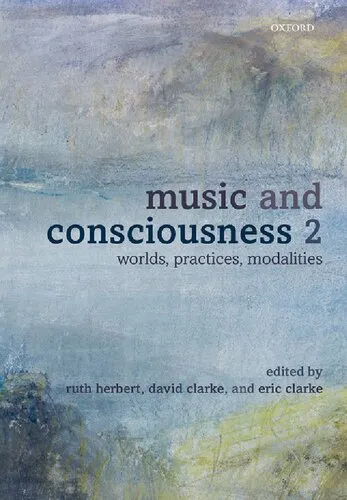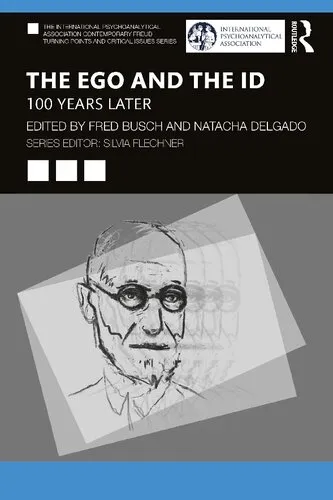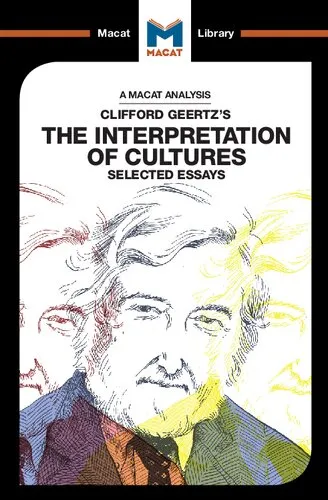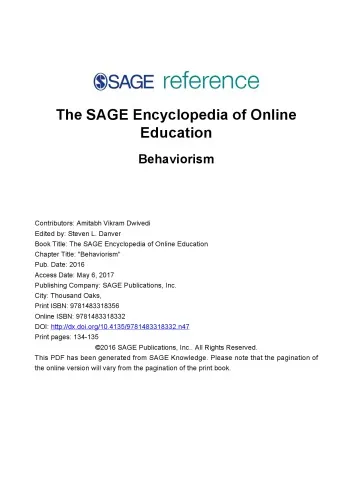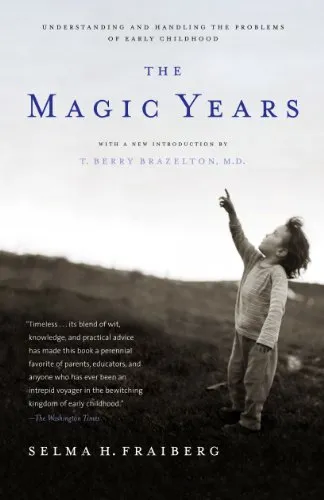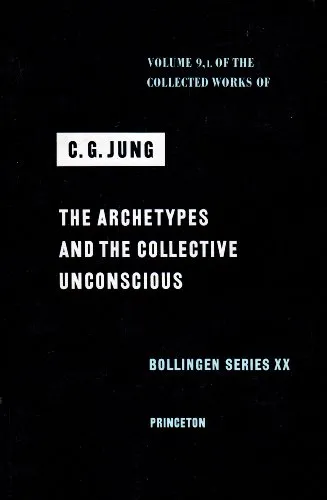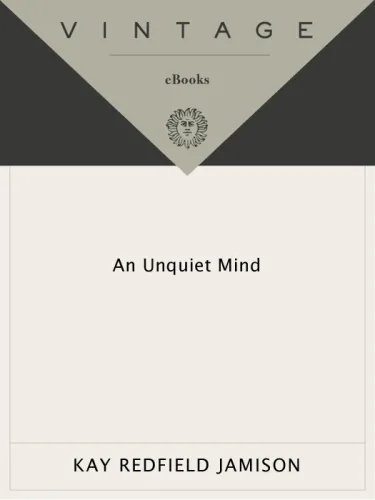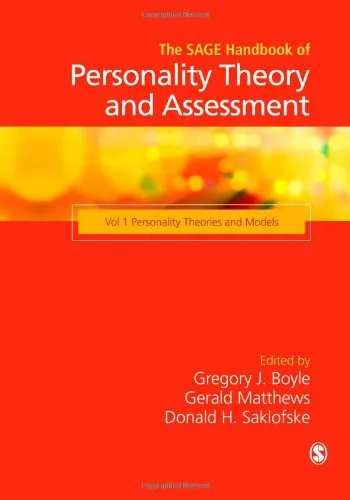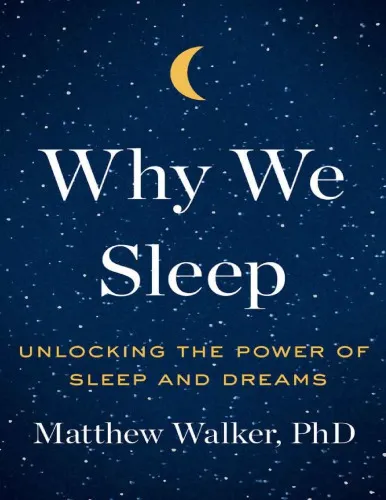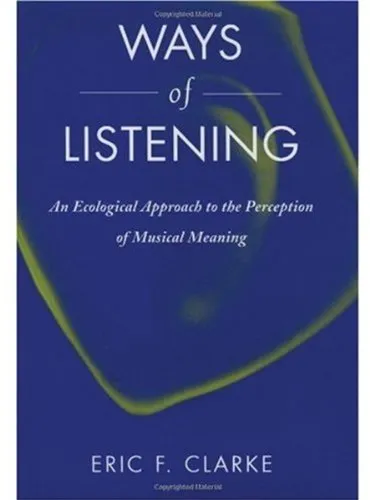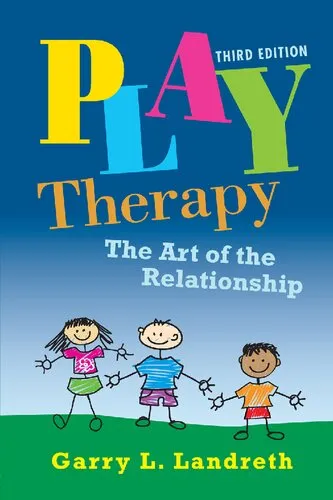Music and Consciousness 2: Worlds, Practices, Modalities
5.0
بر اساس نظر کاربران

شما میتونید سوالاتتون در باره کتاب رو از هوش مصنوعیش بعد از ورود بپرسید
هر دانلود یا پرسش از هوش مصنوعی 2 امتیاز لازم دارد، برای بدست آوردن امتیاز رایگان، به صفحه ی راهنمای امتیازات سر بزنید و یک سری کار ارزشمند انجام بدینکتاب های مرتبط:
مقدمه
کتاب Music and Consciousness 2: Worlds, Practices, Modalities اثری بینرشتهای است که به طور عمیق و جامع به کاوش در پیوندهای میان موسیقی و آگاهی انسان میپردازد. این اثر که توسط راث هربرت، دیوید کلارک و اریک کلارک ویرایش شده است، دنبالهای بر جلد اول میباشد و این بار با بررسی زوایای جدیدی از رابطه میان موسیقی و وجوه مختلف آگاهی ادامه پیدا کرده است. این کتاب ارائهای دقیق از تجربیات، نظریهها و روشهای متنوع در تحلیل ارتباط میان موسیقی و حالات تفکر انسانی دارد.
آگاهی یکی از پیچیدهترین جنبههای ذهن انسان است و موسیقی همیشه نقشی محوری در بازتاب و شکلدهی به آگاهی و تجربههای زیستهٔ ما داشته است. نویسندگان در این اثر، مجموعهای از مقالات و تحقیقات را گرد هم آوردهاند که هر یک با دیدگاههایی نوآورانه، مطالعات تاریخی، روانشناختی و حتی فلسفی را ادغام میکند. ترکیب بینش علمی و تجربیات عملی در این مجموعه مطالعاتی امکان تفسیر و درک عمیقتر از موسیقی به عنوان پدیدهای آگاهانه و فرهنگی را فراهم میسازد.
خلاصه جامع کتاب
این کتاب به سه حوزه اصلی تقسیم میشود که هر یک به یک جنبه مهم از مطالعات موسیقی و آگاهی اختصاص دارد:
- جهانها (Worlds): در این بخش، مفاهیم شناختی و تجربههای فرهنگی مرتبط با تعامل موسیقی و آگاهی بررسی میشود. نویسندگان این بخش، تحلیلهایی در رابطه با تأثیر تاریخ، زمینههای اجتماعی و پیشینههای فرهنگی دارند.
- پراکتیکها (Practices): این بخش تمرکز بر جنبههای عملی و عملکردی موسیقی دارد. توجه ویژهای به فعالیتهای موسیقایی مانند بداههنوازی و ضبط شده است و اینکه چگونه این اعمال به شکلی مستقیم به حالات ذهنی و آگاهی ختم میشوند.
- مدرکیتها یا Modalities: این فصل به بررسی مدلها و حالات مختلف تجربهٔ موسیقی و آگاهی میپردازد؛ از جمله تجربهٔ شنیداری عمیق، مدیتیشن و پاسخهای عاطفی.
کتاب از مطالعات موردی، پرسشهای اساسی و مثالهای گوناگونی برای کاوش در این سه حوزه استفاده میکند و تلاش دارد دیدگاهی چندوجهی ارائه کند.
نکات کلیدی کتاب
چند نکته اساسی که با مطالعه این کتاب درک خواهید کرد عبارتند از:
- نقش موسیقی در تغییر حالات ذهنی و خلق و خو
- پیوندهای میان حافظه، آگاهی و موسیقی
- مفهوم "Flow" و ارتباط آن با بداههنوازی و تجربههای هنری
- راههایی که موسیقی میتواند در ارتقاء تمرکز و آگاهی درونی مؤثر باشد
- درک تأثیر موسیقی بر فرهنگهای گوناگون و تجربه جمعی
جملات معروف از کتاب
کتاب شامل بسیاری از نقل قولهای تحریککننده و عمیق است. در اینجا چند جمله کوبنده آورده شده است:
“Music transcends words; it speaks directly to our consciousness, intertwining with emotions, memory, and thought.”
“To listen is to open oneself to new realms of awareness, a bridge to both the self and the other.”
“Improvisation is not just a musical skill; it is a mode of being, a conscious engagement with the present moment.”
چرا این کتاب مهم است؟
کتاب Music and Consciousness 2 نه تنها در شناخت بیشتر از موسیقی به ما کمک میکند، بلکه باعث درک و آگاهی بیشتر از حالات ذهنی و تجربههای انسانی میشود. این اثر برای دانشجویان، پژوهشگران، نوازندگان و حتی افرادی که به جنبههای عمیقتر زندگی انسانی علاقهمندند، منبعی ارزشمند است. بررسی ترکیبی از تحقیقات علمی و بینشهای عملی این کتاب را به یکی از منابع برجسته در حوزهٔ موسیقیشناسی و علوم شناختی تبدیل کرده است.
این کتاب شما را به تفکر و تأمل دربارهٔ معنای موسیقی در زندگی روزمره، هنر و فرهنگ هدایت میکند و به شما ابزارهایی برای درک تجربیات ذهنی و احساسی ارائه میدهد که بهواسطه موسیقی به وجود میآیند.
Introduction to Music and Consciousness 2: Worlds, Practices, Modalities
Music and consciousness are interconnected phenomena that continue to captivate scholars and musicians alike. In Music and Consciousness 2: Worlds, Practices, Modalities, editors Ruth Herbert, David Clarke, and Eric Clarke build upon the compelling explorations of the first volume to deliver a richly textured and interdisciplinary examination of the dynamic relationships between music and consciousness. This book is a profound inquiry into how music functions as a gateway, modality, and language through which human consciousness can be engaged, expanded, and transformed.
By drawing from diverse fields such as philosophy, neuroscience, ethnomusicology, psychology, and performance studies, the editors provide a platform for innovative perspectives that examine the interface between musical practices and the lived experiences of consciousness. The text includes contributions from leading scholars and practitioners, offering readers a multi-dimensional approach to understanding how music engages the human mind and the broader cultural and social worlds.
Detailed Summary of the Book
The book is divided into several thematic sections that discuss the intersection of music and consciousness. Building on the foundational insights of its predecessor, Music and Consciousness 2 takes the reader on a journey through three core dimensions: "worlds," "practices," and "modalities."
"Worlds" focuses on the contexts and environments in which music and consciousness intersect. This section examines the socio-cultural frameworks of musical experiences and investigates how specific settings—such as ritual practices, religious ceremonies, or immersive technological environments—shape and are shaped by music's role in human consciousness.
"Practices" delves into the lived, embodied aspects of engaging with music, whether as listeners, performers, or composers. This section emphasizes the experiential and participatory nature of music-making and explores topics such as flow states, collective musical experiences, and the therapeutic impacts of musical practices.
"Modalities" probes the cognitive and emotional dimensions of music, focusing on how it operates as a unique mode of communication that transcends linguistic boundaries. This section explores the neural underpinnings of musical perception, the emotional resonance of particular musical structures, and the profound ways in which music can influence states of consciousness.
The book’s interdisciplinary approach ensures that it appeals to a wide audience, from researchers and musicians to those with a more general interest in philosophy or consciousness studies. More than a simple collection of essays, this volume weaves together philosophical rigor and accessible insights, offering a holistic picture of the intricate ways music interacts with human thought, emotion, and awareness.
Key Takeaways
- Music is a multi-dimensional phenomenon that profoundly shapes human consciousness across cultures and historical periods.
- The intersection of music and consciousness deeply engages emotional, cognitive, and social experiences.
- Musical practices can induce altered states of consciousness, facilitating therapeutic and transcendent experiences.
- Understanding the neural and psychological processes underlying music perception can provide insights into the broader workings of the human mind.
- Music is not merely an art form but a fundamental human experience that bridges the sensory, emotional, and intellectual realms.
Famous Quotes from the Book
"Music is at once a form of time travel, an emotional catalyst, and a means of connecting with others beyond the constraints of language."
"The experience of sound reveals not just what we hear, but what we feel and who we are."
"Consciousness and music are arenas for negotiation: a space where we construct our worlds, identities, and shared experiences."
Why This Book Matters
Music and Consciousness 2: Worlds, Practices, Modalities is an essential text for anyone interested in understanding the profound ways music shapes, reflects, and expands human consciousness. In a world where music saturates our daily lives, from personal playlists to collective concert experiences, this book provides readers with the tools to critically and thoughtfully examine the nature of musical experiences and their connections to the human condition.
What sets this volume apart is its interdisciplinary breadth and its emphasis on grounding philosophical discussions in real-world examples and empirical data. At a time when dialogues surrounding consciousness are becoming increasingly relevant in diverse fields—from artificial intelligence to mental health—this book offers a unique perspective by focusing on music as a lens for these inquiries.
Ultimately, this book matters because it illuminates how music, as an ever-present human phenomenon, continues to challenge and reshape our understanding of consciousness and being. Scholars, students, and music lovers alike will find this book to be a source of inspiration, reflection, and discovery.
دانلود رایگان مستقیم
شما میتونید سوالاتتون در باره کتاب رو از هوش مصنوعیش بعد از ورود بپرسید
دسترسی به کتابها از طریق پلتفرمهای قانونی و کتابخانههای عمومی نه تنها از حقوق نویسندگان و ناشران حمایت میکند، بلکه به پایداری فرهنگ کتابخوانی نیز کمک میرساند. پیش از دانلود، لحظهای به بررسی این گزینهها فکر کنید.
این کتاب رو در پلتفرم های دیگه ببینید
WorldCat به شما کمک میکنه تا کتاب ها رو در کتابخانه های سراسر دنیا پیدا کنید
امتیازها، نظرات تخصصی و صحبت ها درباره کتاب را در Goodreads ببینید
کتابهای کمیاب یا دست دوم را در AbeBooks پیدا کنید و بخرید
1407
بازدید5.0
امتیاز2
نظر98%
رضایتنظرات:
5.0
بر اساس 2 نظر کاربران
oliver91
7 ژانویه 2026، ساعت 17:52
A great book that offers a lot of insight into music processing and perception. A valuable resource for my thesis. Highly recommended for those interested in consciousness and the tools we use to conceptualize the world and make sense of it
oliver91
7 ژانویه 2026، ساعت 17:52
A great book that offers a lot of insight into music processing and perception. A valuable resource for my thesis. Highly recommended for those interested in consciousness and the tools we use to conceptualize the world and make sense of it
Questions & Answers
Ask questions about this book or help others by answering
No questions yet. Be the first to ask!
